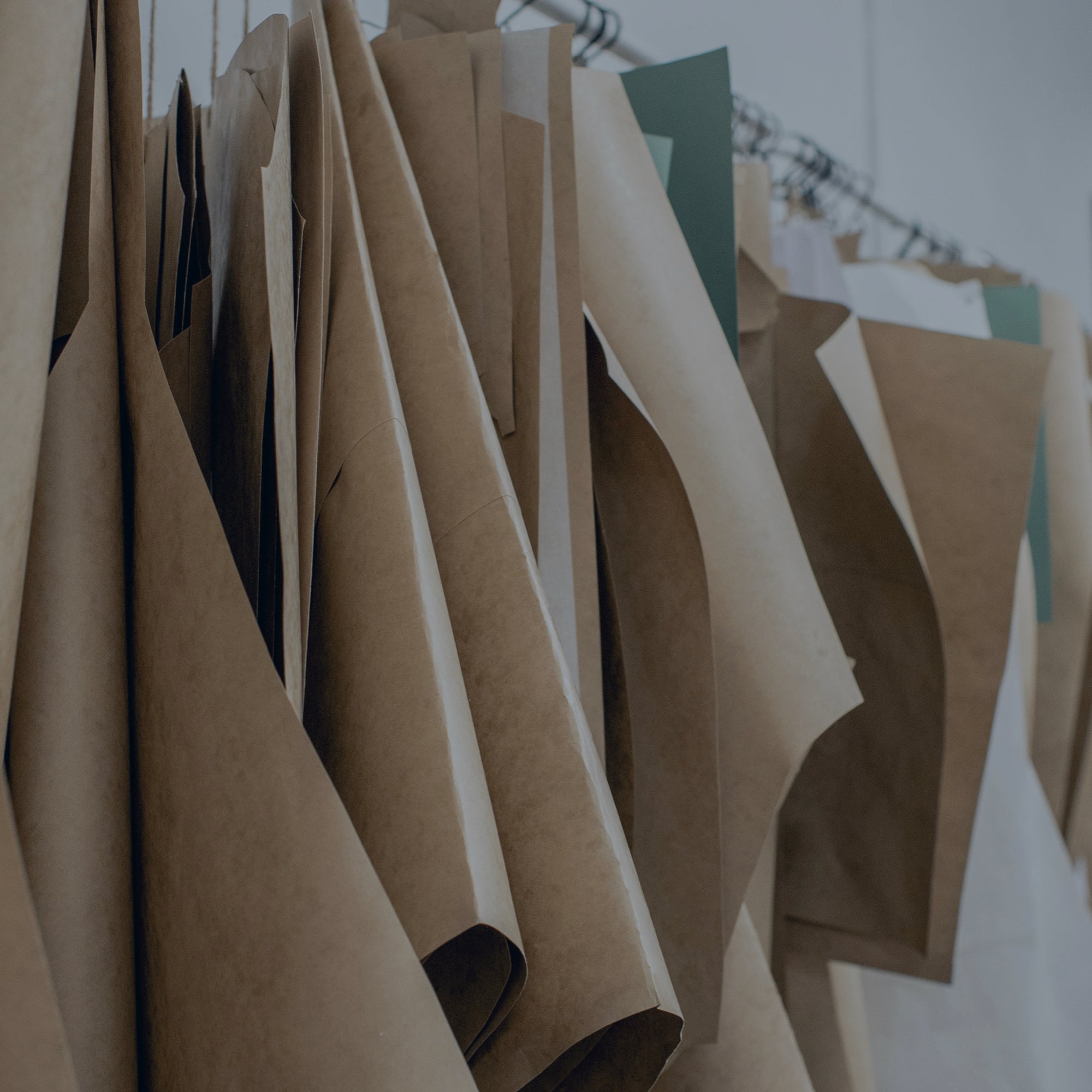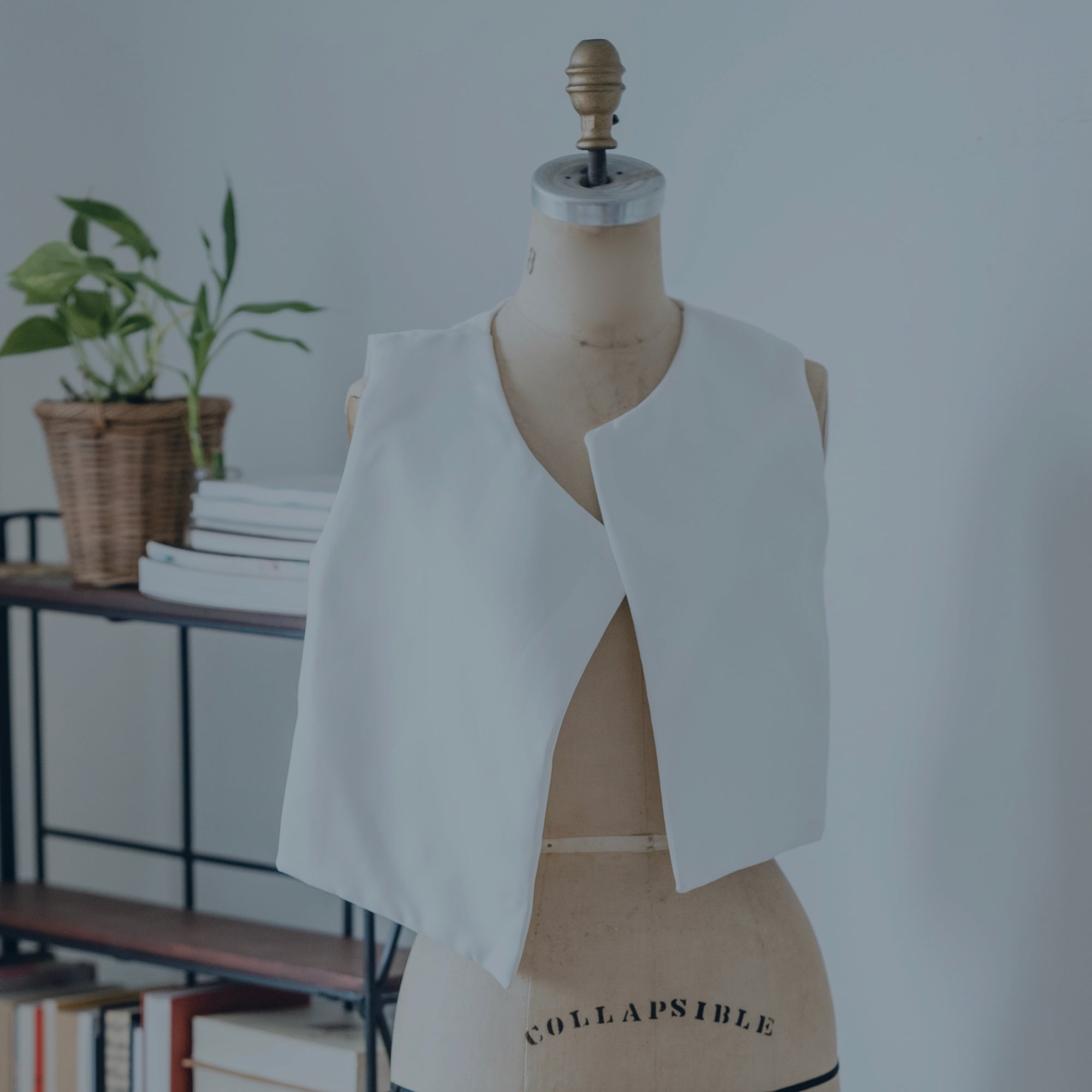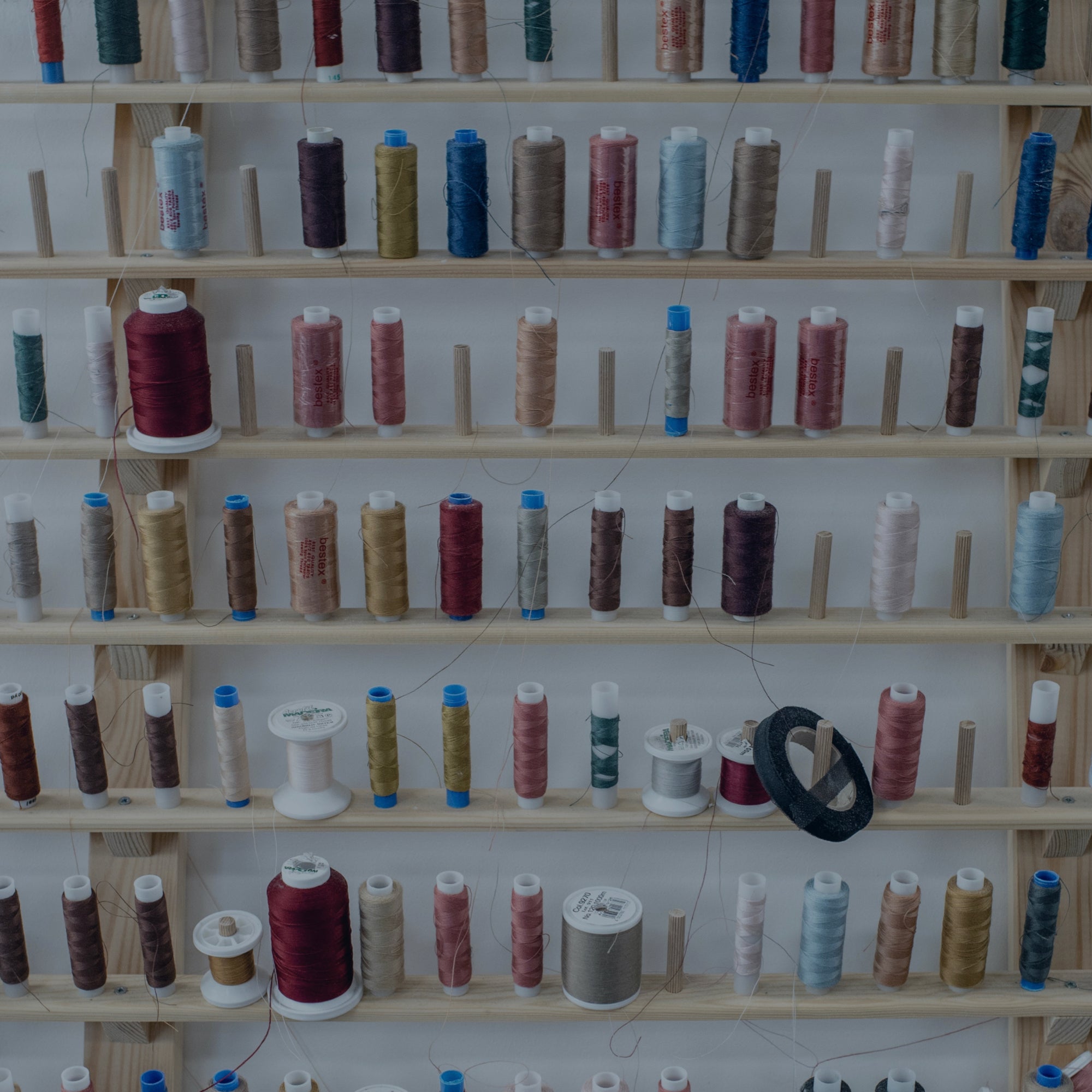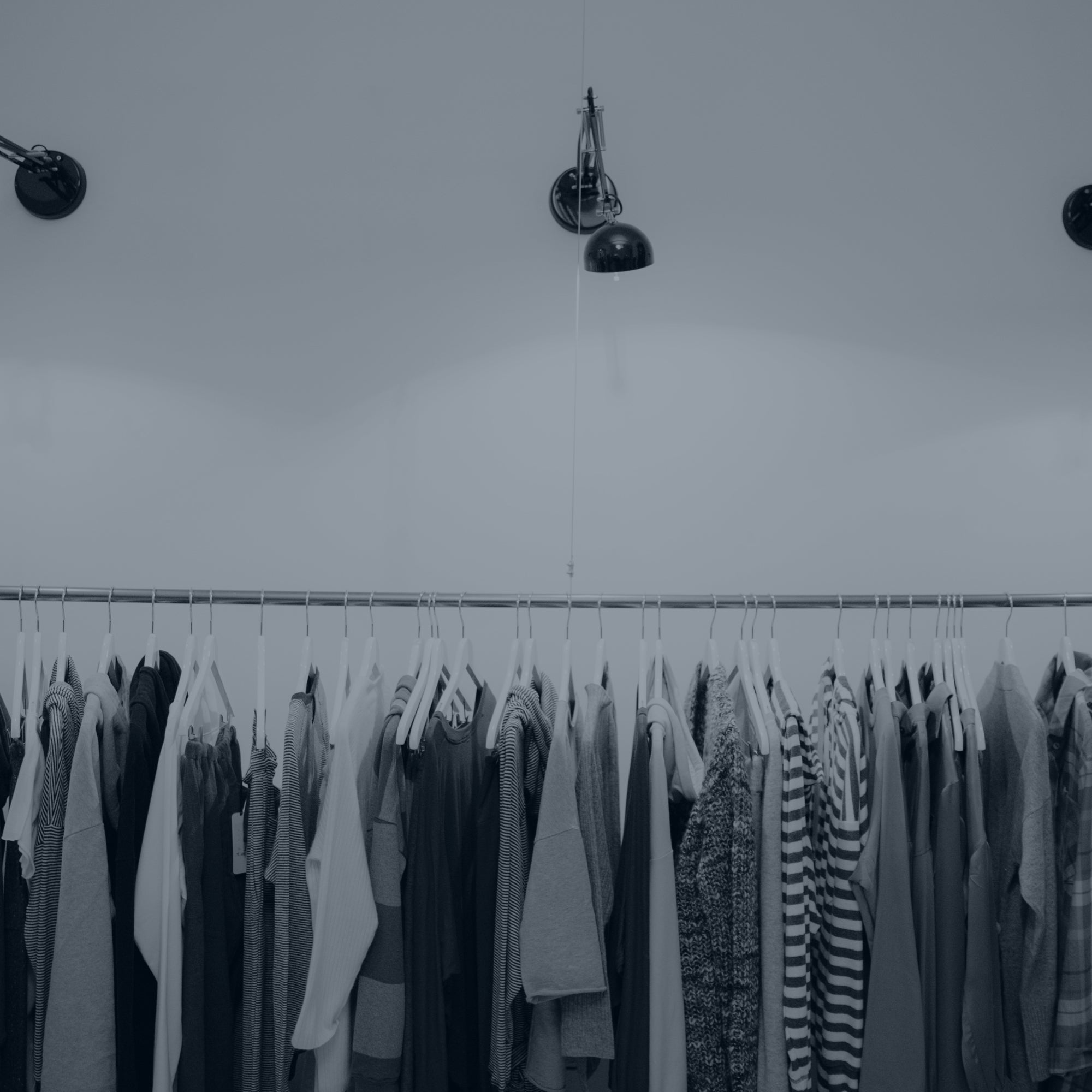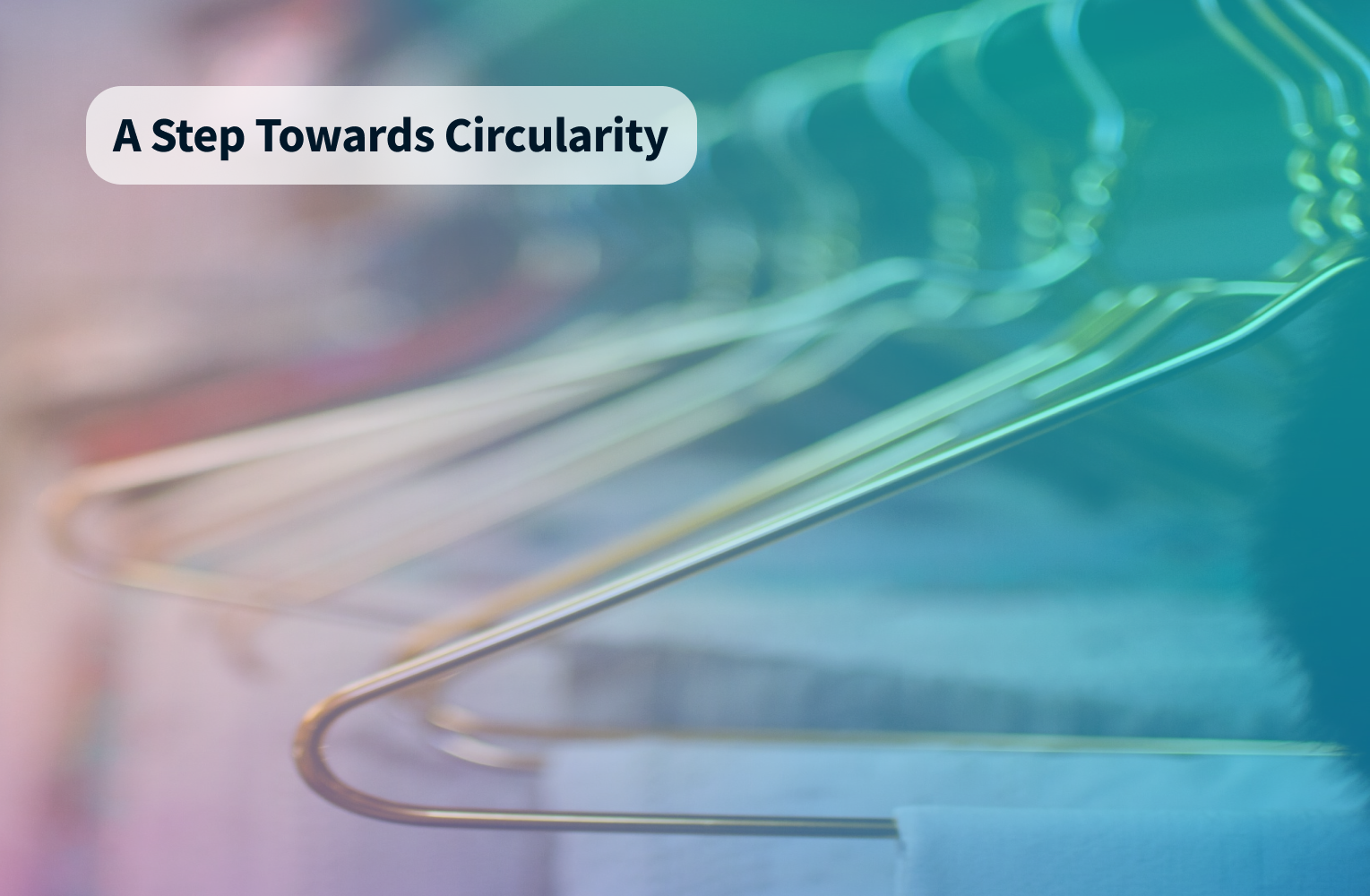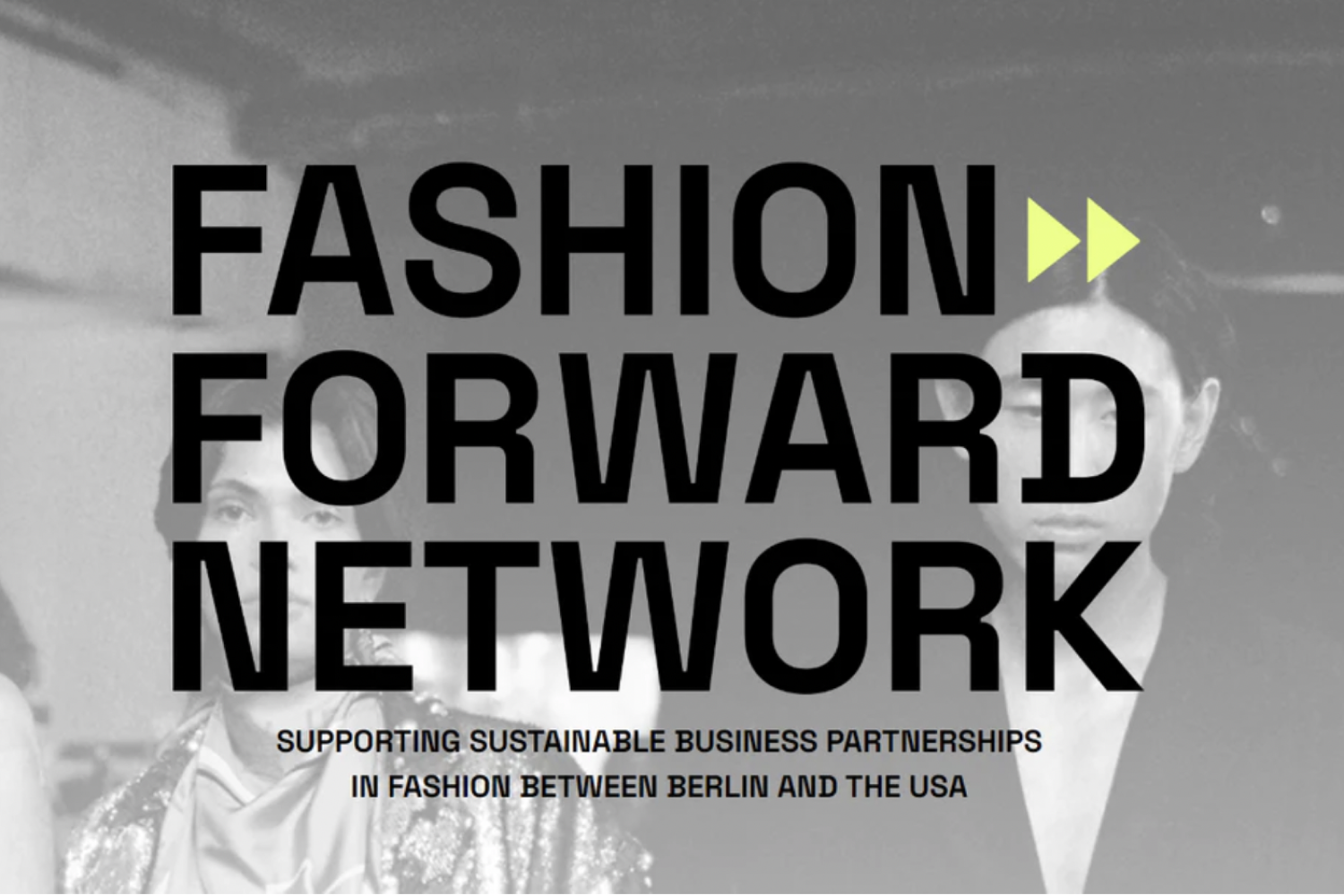202030- The Berlin Fashion Summit – ECOSYSTEMS – How to implement positive impact? – Recap

202030 — The Berlin Fashion Summit is a cross-disciplinary platform, where avant-garde creatives meet industry stakeholders for constructive critical debates on the future of fashion. The goal is to bridge the gap between existing sustainability innovations and solutions with the industry’s need for pragmatic transformation guidelines and to envision tangible new alliances for new value chains for a sustainability-trendsetting future of fashion.
The 2020s are expected to become the decade of glocal change-making — now the need to transform outdated systems could meet a historic opportunity to combine recovery from the disturbing pandemic with all the benefits of sustainable development.
The second edition of the 202030 – Berlin Fashion Summit took place at the end of August and the beginning of September 2021 with the aim to encourage actions that are genuinely able to create a positive impact on society and the fashion industry. The online format of the event allowed people from all over the world to participate and watch the talks and workshops conducted by a selective list of industry experts, debating:
ECOSYSTEMS – How to implement positive impact?
The edition highlighted ecosystems as a livelihood, base and inspiration to foster life quality and holistic, agile and anti-fragile future warded solutions for fashion. The focus was on relationships and interactions for successful transformation with a positive impact.
The summit, unfortunately, came to an end – and we summarized and made available materials and resources to make sure you won’t be left behind any conversation!
Pop Up Think Tank – Workshops
The Pop Up Think Tanks took place as the first part of the 202030 Summit. It was not available for the general public and served as an open space for constructively critical debates between experts to prepare quality content and clear messages for the public summit.
It was divided into three different days, comprising distinct topics, as we can see in the recaps below:
Workshop #1 Circular System – How to THINK Positive Impact
Download the presentation here.
Workshop #2 Local Ecosystems – How to THINK Positive Impact
Download the presentation here.
Workshop #3 – Valuation Systems – How to DEFINE & MEASURE Quality and Impact
Download the presentation here.
The 202030 Summit
Finally, after the preparation and realization of the workshops, the Summit served as the main professional public part of the 202030 Summit and aimed to open up the dialogue to a broader industry audience by offering compact and clear constructive input. It was also divided into different topics that we can take a deep dive below:
Day #1
Circular Systems – how to think and design positive impact?
The Berlin Fashion Summit was full of industry insights, inspiration, and future-focused impulses. Today’s focus was on circularity in fashion. Kate Fletcher highlighted the question “What does the earth need fashion to do?”
After Magdalena Schaffrin and Max Gilgenmann from studio MM04 opened the summit, Prof. Dr. Sebastian Sierra-Barra from the University of Applied Sciences Berlin inspired the audience with his keynote “Fashion and the anthropocene”. Another highlight of the first day was the interview with the sustainable fashion pioneer Prof. Kate Fletcher from the Centre for Sustainable Fashion, London who pointed out that “People begin to see the massive opportunities that there will be when they are beginning to explore what the earth needs and what is fashion there”. In the first panel discussion, Matthias Fuchs from OceanSafe, Prof. Dr. Melanie Jaeger-Erben from TU Berlin, Lavinia Muth from Armedangels and Daniel Magunje from Lablaco debated on “the potential of positive impact through circular fashion systems”. After the tea break, Matthias Horx from the Zukunftsinstitut Horx gave the audience an outlook to the future saying that “Good design in a broader sense, not only the surface design, would also work everywhere in the world. Because of the scale of the connectivity, of the dialogue between humans and nature is universal”. In addition, this summit edition included a new “collaboration talks” format where professionals collaborated successfully on circular fashion systems and shared their experiences and learnings.
Day #2
Local Ecosystems – how to organize and foster positive impact?
In order to create anti-fragile and future-oriented fashion systems, that also save our resources, one key lies in strengthening local ecosystems. This was the focus of the second day of 202030 – The Berlin Fashion Summit.
Orsola de Castro from Fashion Revolution started the day with her keynote “Local culture – glocal impact”. Following that, Christine Henseling from the Institute for Future Studies and Technology Assessment showcased in her presentation “Circular city Berlin” how circularity works in Berlin. And what is the power of local ecosystems? This question discussed Afra Gloria Müller from Send e.V, Arianna Nicoletti from Circular Berlin, Prof. Günter Faltin from Stiftung Entrepreneurship, Leon Reiner from Impact Hub Berlin and Max Gilgenmann from studio MM04. How local ecosystems can be organized and fostered was presented with an ecosystem map of Berlin as a result of the Pop Up Think Tank that was curated by Prof. Friederike von Wedel-Parlow from the Beneficial Design Institute and our CEO Marte Hentschel.
“We can actually drive change, out there in the industry, and that´s a new role for the Fashion Week” (Cecilie Thorsmark, Copenhagen Fashion Week)
Day #3
Valuation Systems – how to define quality and measure impact?
The third and last day of 202030 – The Berlin Fashion Summit was all about valuation systems and focused on the definition of quality and tools to measure true impact.
After a short recap and welcome from Magdalena Schaffrin and Max Gilgenmann from studio MM04, Kim Scholze from Sympatex opened the last summit day with her Keynote “Chemistry of fashion – quality and impact” and claimed that “There will be a new blue ocean, and this is sustainability”.
Next, Geraldine de Bastion from the Global Innovation Gathering interviewed Prof. Dr. Michael Braungart from EPEA – Internationale Umweltforschung about the question of “How to value and measure true quality?”. Also, the first panel of the day dealt with the same topic: how can we agree on fashion impact criteria? It was discussed with Alexander Nolte from Stop! Micro Waste, Dr. Max Marwede from Frauenhofer IZM, Nora Vehling from Fashion Revolution Germany, Varena Junge from Yook and moderated by Max Gilgenmann. Moreover, Magdalena interviewed Claudia Hofmann, founder of Claudia Hofmann Studio and co-founder of the Fashion Council Germany, about her take on “How to embrace true quality?”. Subsequently, after more insightful best practice demonstrations, debates, and panel discussions with high-class speakers, the summit closed with a heartful “Goodbye and see you in spring” with Max Gilgenmann as well as Friederike von Wedel-Parlow from the Beneficial Design Institute and Marte Hentschel from Sqetch, the two main cooperation partners of studio MM04 for this summit.
AND MORE!
Don’t miss it out:
Visit the 202030 – The Berlin Fashion Summit website to have access to all the news and resources regarding the latest edition of the summit.
Subscribe to the 202030 – Summit Newsletter here to be aware of all of the upcoming events.
Stay tuned:
The third edition will take place in spring, the exact date will be announced soon.
Follow the event:
202030 – The Berlin Fashion Summit is organized by studio MM04 in cooperation with Sqetch and the Beneficial Design Institute. Funded by the Senate Department for Economics, Energy and Public Enterprises Berlin. Partner with Berlin Fashion Week.




